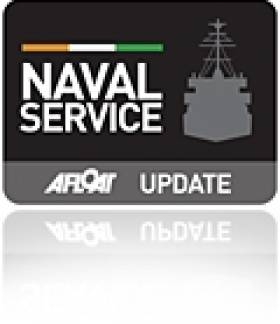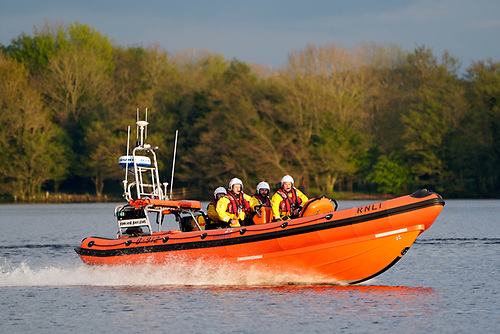Displaying items by tag: Obituary Commodore Brett
#CommodoreBrett – In the obituaries page of The Irish Times: Commodore Liam Brett who has died aged 86, retired as the head of the Irish Navy in 1990.
As a seafarer, he was renowned for his ship handling and his ability to manoeuvre and turn vessels in the tightest of locations. As an officer, he was seen as firm but fair. In his leadership he displayed understanding and compassion and he enjoyed the respect of those he commanded.
William John Brett was born into a farming family in Cappauniac, Cahir, Co Tipperary, the second youngest of the 11 children of Thomas Brett and Bridget Pyne. After primary education at Ballydrehid National School, Kilmoyler, he attended the Christian Brothers School in Tipperary town.
He entered the Irish Naval Service in 1947, and joined the the Naval cadet class a year after the establishment of the service, at a time when training meant moving to the centre of British naval education on the south coast of England – a long way from his landlocked native county.
He received his midshipman training with the Royal Navy at Britannia Royal Naval College, Dartmouth. Sea time on board British ships allowed him to travel widely, from the home waters around Europe as far afield as Hong Kong, gaining valuable experience in the years immediately after the second World War.
For more about his career involving corvettes and the capture of the 'Claudia' click here.






























































